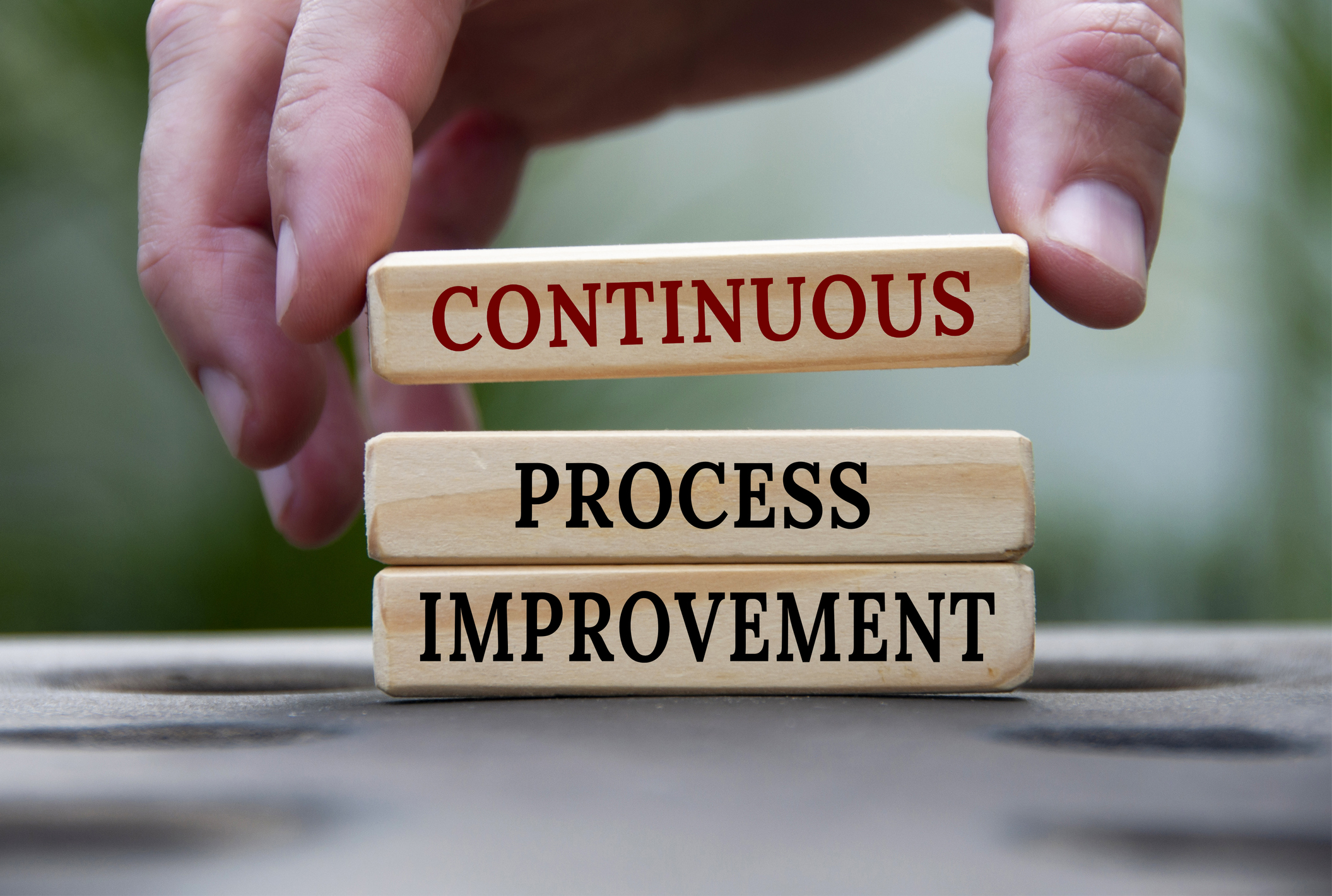Operational efficiency is one of the most important factors in ensuring a business remains competitive, resilient, and profitable. It’s not just about cutting costs—it’s about optimizing processes, empowering employees, and aligning resources with long-term strategy.
Recruit a Non-Executive Director for a Tech Business is one approach companies are increasingly turning to, as external experts can bring fresh perspectives and governance that help streamline operations effectively. By focusing on the right strategies, businesses can maximize productivity while maintaining quality and sustainability.
Streamline Processes Through Technology and Automation

One of the most effective ways to improve operational efficiency is by embracing technology. Outdated manual processes drain time and resources, while modern digital tools automate repetitive tasks and free employees to focus on higher-value work.
Automation through artificial intelligence (AI), robotic process automation (RPA), and cloud-based systems can improve accuracy, reduce delays, and minimize human error. For example, finance teams can use automation to handle invoicing, reporting, and compliance tasks, while customer service can deploy chatbots for routine inquiries.
The key is to implement technology strategically, ensuring it integrates seamlessly with existing workflows and delivers measurable outcomes. Businesses that use technology wisely find themselves not only more efficient but also more adaptable to future market changes.
Foster a Culture of Continuous Improvement

Operational efficiency is not a one-time project—it’s an ongoing process. Companies that cultivate a culture of continuous improvement empower employees to identify inefficiencies and suggest solutions. This bottom-up approach ensures that improvements are practical and embraced across the organization.
Methodologies like Lean and Kaizen emphasize incremental changes that collectively result in major efficiency gains. Encouraging teams to measure performance, track key metrics, and reflect on outcomes ensures that progress is visible and sustainable.
Leadership plays a critical role here. When managers and executives actively support innovation and reward problem-solving, employees are more likely to contribute ideas that enhance efficiency.
Strengthen Governance and Oversight

Sustainable efficiency requires strong governance structures that provide accountability and direction. Without oversight, efficiency initiatives can lose focus or fail to align with the company’s broader strategy.
This is where decisions to Recruit a Non-Executive Director for a Tech Business can be invaluable. Non-executive directors provide independent guidance and challenge leadership teams to think critically about how resources are used. Their expertise ensures that operational strategies are not only effective but also aligned with long-term objectives.
Strong governance also means monitoring efficiency metrics regularly, conducting audits, and ensuring continuous alignment with company goals. With the right oversight, businesses can avoid short-term fixes and instead build efficiency that endures.
Conclusion
Improving operational efficiency requires more than cutting costs—it involves building smarter processes, empowering employees, and ensuring accountability at every level. By leveraging technology, fostering a culture of continuous improvement, and strengthening governance, companies can achieve significant efficiency gains that drive growth and resilience. With the right leadership and oversight, operational efficiency becomes not just a business goal, but a lasting competitive advantage.


